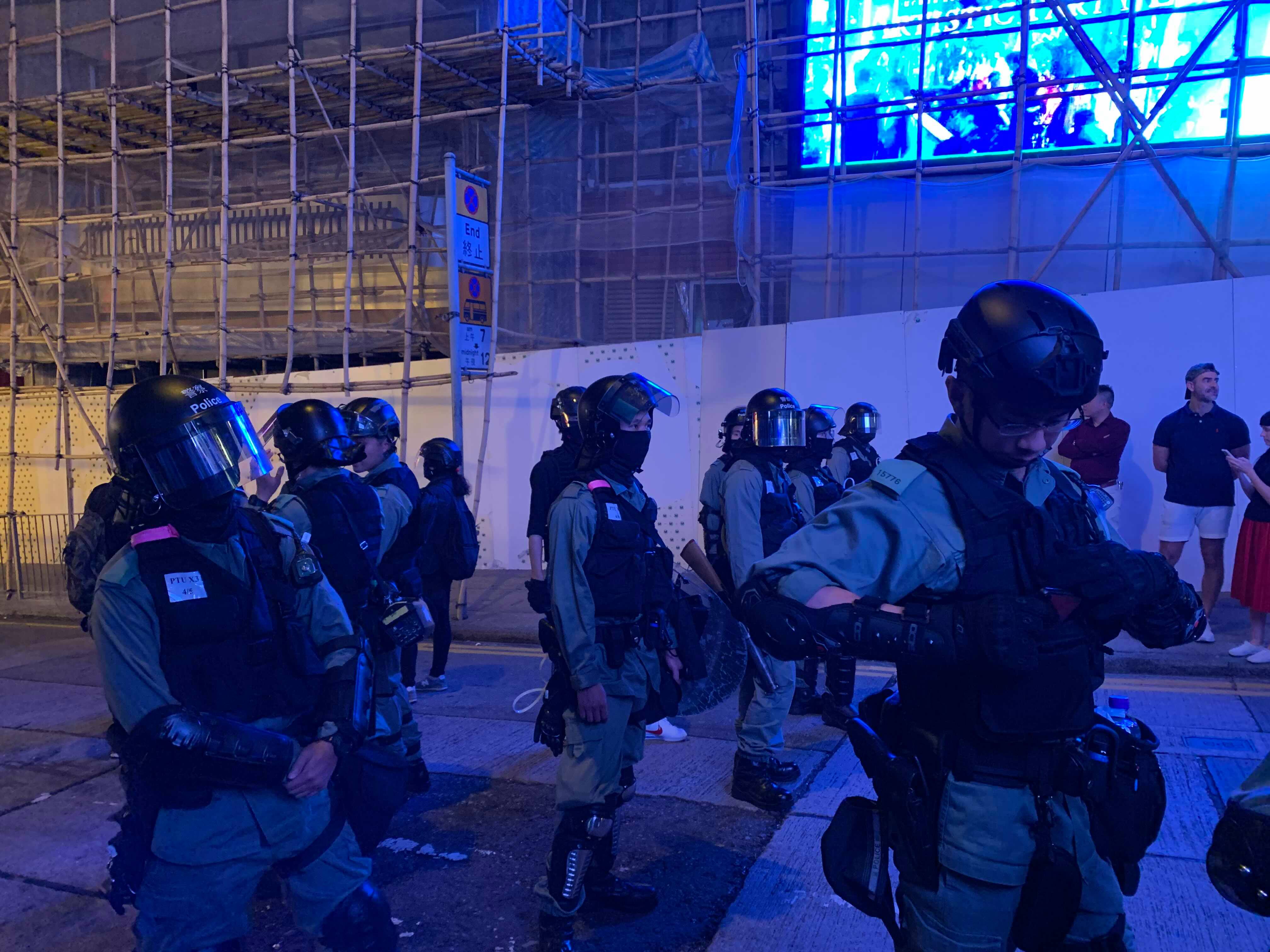

Following a rapid escalation of violence in the last week in Hong Kong, many foreign and exchange students in the city have been forced to leave their universities.
Many universities in Hong Kong were the site of confrontations between protestors and police, with a clash on the Chinese University of Hong Kong (CUHK) on November 12 resulting in more than 100 students being injured.
Police broke through student-erected barricades across the CUHK campus and arrested at least three students. A confrontation between students and police swiftly followed.
Campus of Chinese University of Hong Kong has become a battle ground. Many students injured. There are many reports of police/military operations around the city. This is not “peaceful”—it’s time for US to denounce CCP now!pic.twitter.com/IStdWYVMSx
— Marion Smith (@smithmarion) November 12, 2019
By 5pm that afternoon, CUHK’s principal arrived on campus and attempted to mediate the conflict for half an hour. A police spokesperson at first agreed not to across the barricades, but later changed his mind, warning the principle that: “It was the time for negotiating. You can’t control the people behind you.” The principal was subsequently asked to leave.
Riot police immediately started firing tear gas and rubber bullets at masked student protesters. Students responded with gasoline bombs and fireworks to defend themselves. Protestors claim that police fired more than 1,500 canisters of tear gas, 1300 rubber bombs, 380 beanbag rounds and 120 sponge grenades during this conflict.
2356 cartridges collected in CUHK yesterday #HongKongProstest pic.twitter.com/ukTOzyxfIz
— iamhongkonger (@iamhongkonger8) November 14, 2019
The following day, Hong Kong’s Education Bureau announced all schools and nurseries were going to cut the school term short starting November 14 because of the increased rates of confrontation on school campuses. With the school closures, students from Taiwan, Japan, Europe and China arranged to leave Hong Kong that night.
An office worker in Hong Kong, Anderson C, has paid close attention to the movement for a long time.
He confirmed the escalation of violence in recent days, saying the relationship among people has started to split: “It’s true that some protesters attempt to damage places associated with the Chinese government, but these actions result from that same government ignores Hong Kongers’ demands. They never attribute any violence to the police’s behavior.”
Long night in Hong Long. 12-11-2019. pic.twitter.com/BB9K9ybiib
— Lam Yik Fei (@LamYikFei) November 12, 2019
Anderson also added that without the protesters, the Extradition Law Amendment Bill might still be in practice.
Whit Zhang, who works in finance in his native Hong Kong said: “I hope students can insist and keep themselves safe. In the movement, police attack citizens and students unconcerned by law. I, like other Hong Kong citizens, strongly ask that the government appoint an independent group to investigate those officers who broke the law.”
November marks the fifth month of the Hong Kong protests, which began over the extradition law amendment bill.